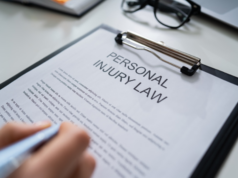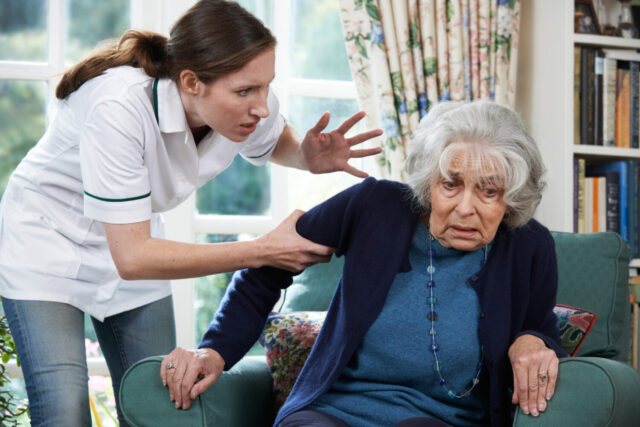
Nursing homes should be safe havens for our elderly loved ones, but unfortunately, cases of abuse can occur. Recognizing the red flags of nursing home abuse is crucial in ensuring the well-being of our seniors.
5 Physical Signs
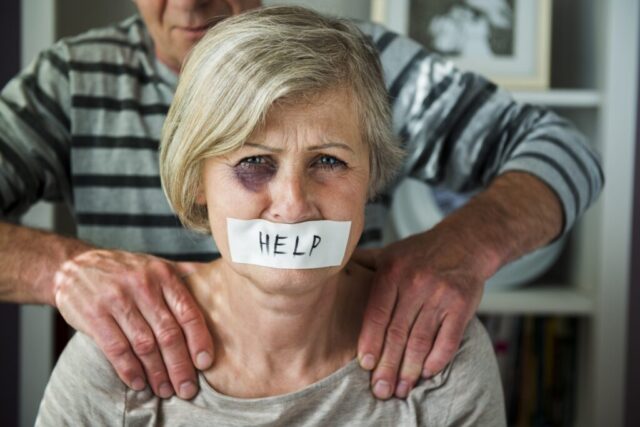
1. Unexplained Injuries
One of the most apparent red flags of nursing home abuse is unexplained injuries. If you notice bruises, cuts, or fractures that cannot be accounted for, it’s a cause for concern. These injuries might result from physical abuse or neglect.
2. Malnutrition or Dehydration
Malnutrition and dehydration are serious issues in nursing homes. If you see noticeable weight loss or signs of thirst in your loved one, it could be a sign that they are not receiving proper care.
3. Poor Hygiene
Neglected personal care and hygiene are indicators of potential abuse or neglect. If your family member’s personal hygiene is declining, it’s time to investigate.
4. Bedsores
Bedsores, also known as pressure ulcers, are common in cases of neglect. They occur when a resident is left in the same position for extended periods without proper care.
5. Medication Mismanagement
Improper administration of medications can lead to health complications. Keep an eye out for incorrect dosages or missed medications.
4 Behavioral Signs
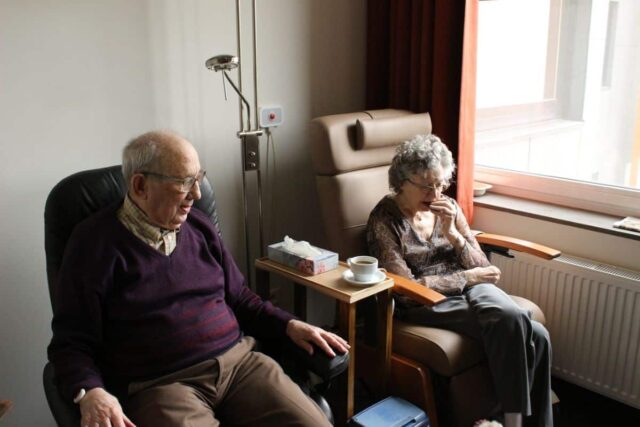
1. Emotional Withdrawal
Abuse can take a toll on a resident’s emotional well-being. Isolation, depression, or anxiety may result from constant fear and mistreatment.
2. Unusual Aggression
Sudden anger or hostility, especially towards staff or fellow residents, can be an indicator of abuse. It’s essential to investigate the cause of such behavior.
3. Fear or Apprehension
If your loved one exhibits fear or apprehension, particularly when interacting with certain staff members, it may suggest that they have experienced mistreatment.
4. Changes in Communication
Difficulty speaking or sudden silence can be a sign of emotional distress. It’s crucial to pay attention to any changes in your family member’s ability to communicate.
The Emotional Toll of Nursing Home Abuse

Nursing home abuse doesn’t only leave physical scars; it can also have severe emotional consequences on the victims.
The Psychological Impact
Abuse in a nursing home setting can lead to depression, anxiety, and other psychological issues. Many residents live in constant fear and stress due to mistreatment.
Seeking Justice for Nursing Home Abuse
Nursing home abuse is a deeply troubling issue that affects countless vulnerable seniors across the country. Recognizing the red flags of nursing home abuse is just the first step in addressing this distressing problem.
Equally important is understanding the avenues available for seeking justice and holding those responsible accountable. Seeking nursing home abuse advice from experienced professionals can provide critical guidance in this challenging journey toward justice and accountability.
3 Legal Options

1. Civil Lawsuits
Victims can file civil lawsuits against the nursing home facility or staff members responsible for the abuse. These lawsuits seek compensation for the harm done to the resident.
2. Criminal Charges
In cases of severe abuse, criminal charges may be pursued against the abusers. This can result in legal consequences such as imprisonment.
3. Elder Abuse Laws
Elder abuse laws exist to protect seniors from mistreatment. Understanding these laws can be crucial when seeking justice for your loved one.
Reporting Abuse
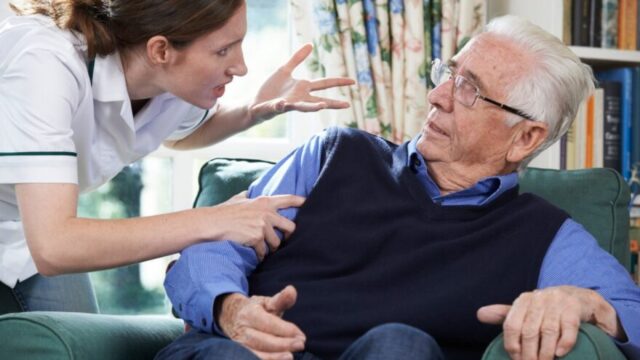
State Agencies
Reporting abuse to state agencies responsible for elder abuse investigations is essential. They can conduct thorough investigations and take appropriate action.
Ombudsman Programs
Long-term care ombudsmen are advocates for nursing home residents. Seek their assistance if you suspect abuse, as they can help mediate and resolve issues.
Local Law Enforcement
In cases of criminal abuse, it’s crucial to report the incident to local law enforcement. They can initiate criminal investigations and work to bring abusers to justice.
The Role of Nursing Home Staff
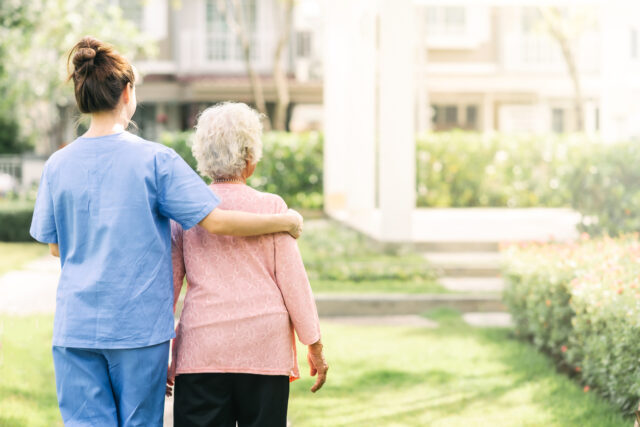
The staff in nursing homes plays a critical role in preventing and addressing nursing home abuse.
Training and Education
Proper training is essential to ensure that staff members can recognize and prevent abuse. Education on the signs of abuse and the importance of reporting is crucial.
Reporting Mechanisms
Staff should be encouraged to report any suspected abuse promptly. Establishing clear reporting mechanisms within the facility is essential for addressing issues.
Creating a Safe Environment
Nursing homes must implement policies and practices that prioritize resident safety. This includes measures to prevent abuse and neglect from occurring in the first place.
Preventing Nursing Home Abuse

Prevention is key to reducing nursing home abuse cases.
Family Involvement
Regular visits and open communication with your loved one are essential. By staying involved, you can quickly detect any signs of abuse or neglect.
Awareness and Education
Educating seniors and their families about the signs of abuse is vital. Knowledge is power, and knowing what to look for can help prevent mistreatment.
Facility Choice
Researching and choosing a reputable nursing home is a critical step in preventing abuse. Investigate the facility’s track record and reputation before making a decision.
Conclusion
In conclusion, recognizing the red flags of nursing home abuse, seeking justice for victims, and actively preventing abuse are essential steps in ensuring the safety and well-being of our vulnerable seniors.
By advocating for their rights and taking action when necessary, we can create a safer and more secure environment for all nursing home residents.

